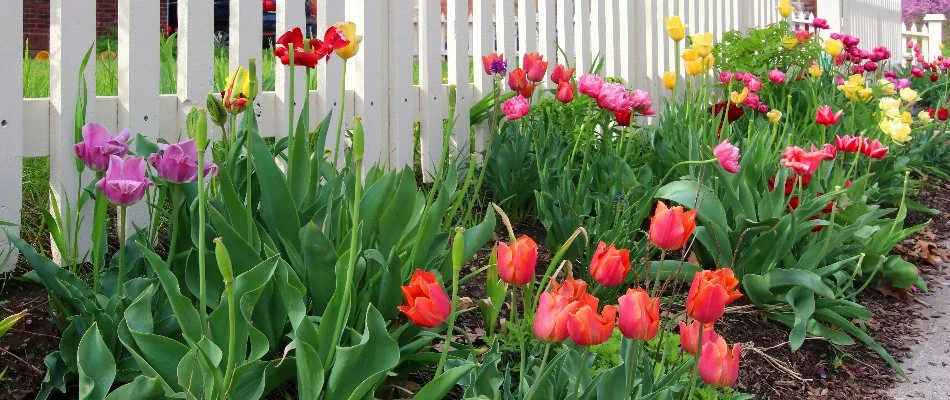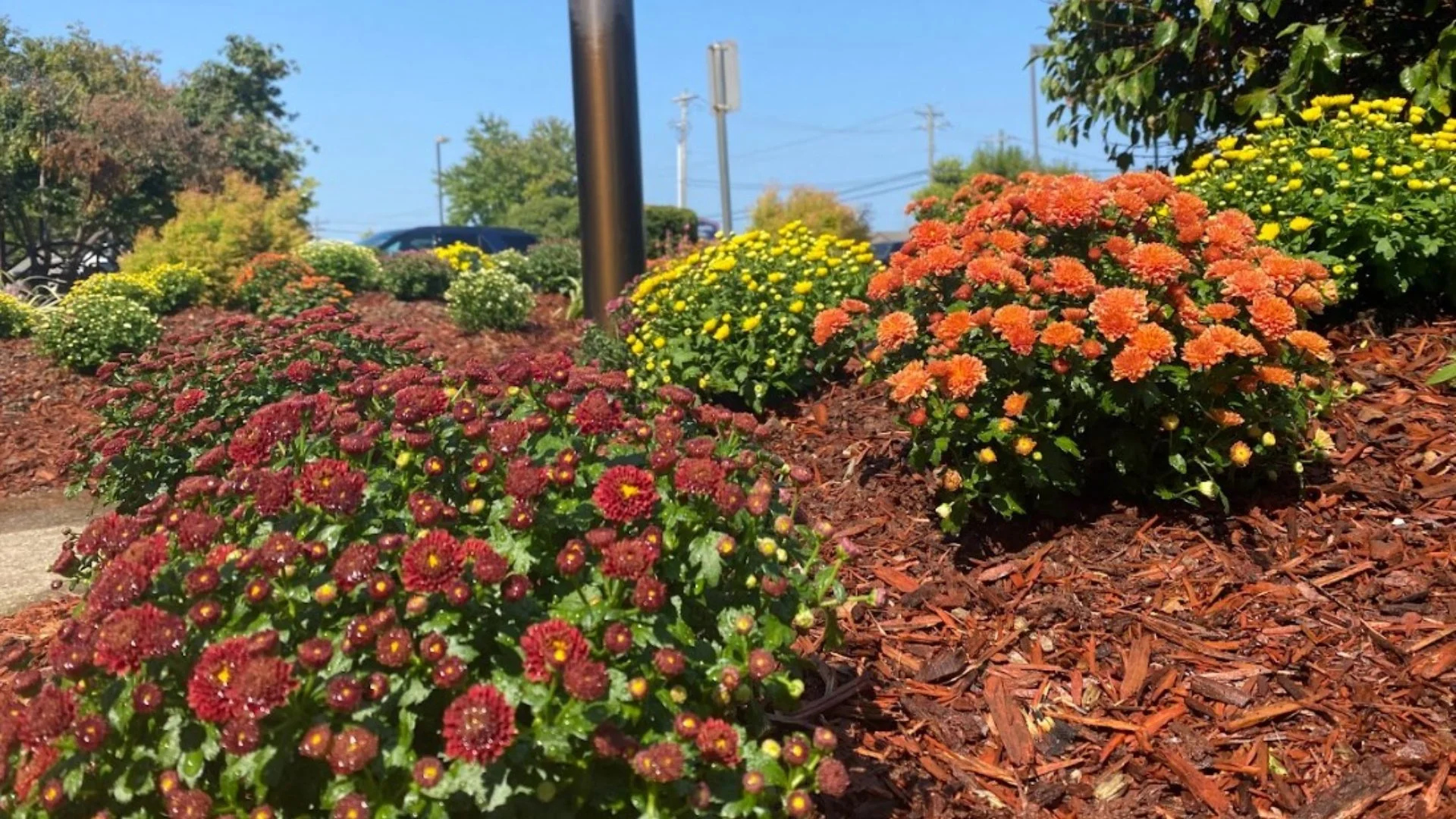Spring is the perfect time to plant new flowers in your landscape beds in Kentucky. However, you may be wondering whether annuals or perennials are better for the spring season. Annuals complete their entire life cycle within one growing season but have a longer bloom period than perennials. Meanwhile, perennials can live for three or more seasons and regrow every spring. While neither type of plant is necessarily better than the other, it depends on what you're looking for! If you want pops of color in your landscape just for the spring season, then annuals are ideal. On the other hand, if you prefer long-term additions that require less maintenance, then perennials might be the way to go.
What Are Annual Flowers?

Annual flowers are those that complete their entire life cycle within one growing season. This means they germinate, grow, produce seeds, and die all within a single year. Because of this short lifespan, annuals tend to focus most of their energy on producing beautiful blooms rather than developing extensive root systems.
The benefit of planting annuals during the spring is that they typically have a longer bloom period compared to perennials. Many annuals start blooming early in the spring and continue throughout spring, providing consistent bursts of vibrant colors across your landscape beds.
What Are Perennials?
Unlike annuals, perennials don't need to be replanted each year because they can live for three or more growing seasons. Instead of dying off at the end of the growing season, perennials enter dormancy during winter before regrowing again in the spring. During this dormant phase, many perennials develop strong root systems underground that help them survive harsh weather conditions and store nutrients for future growth.
Because of their ability to persist over multiple years, perennials often require less maintenance than annuals once established. They also provide reliable structure and greenery even when not in bloom since some varieties retain foliage throughout the year.
Are Annuals or Perennials Better for the Spring Season?
When deciding between annuals and perennials for your spring planting needs, there isn't necessarily a right answer—it ultimately comes down to personal preference. Both types of flowers offer unique benefits depending on what you hope to achieve with your landscaping efforts.
If you're seeking immediate results and enjoy changing up your garden design frequently, then annuals may be the best choice for you. With their quick turnaround from seedling to full bloom, annuals allow you to experiment with different color combinations and arrangements without committing to any particular look long-term. Additionally, since annuals only last one season, you get the opportunity to try out new plants every year, keeping things fresh and exciting.
On the other hand, if you appreciate stability and longevity in your garden, then perennials could be the way to go. Once planted, perennials come back year after year, saving you both time and money by eliminating the need for frequent replanting. Plus, many perennials attract pollinators like bees and butterflies, which can enhance biodiversity in your yard while supporting local ecosystems.
Give us a call today to schedule our annual flower installation or plantings and softscapes service.
Whether you're looking to add annual flowers or perennials to your landscape this spring, you've come to the right place! Our annual flower installation service is perfect for adding bursts of colors during various seasons, and our plantings and softscapes service is great if you're looking for long-lasting additions.
We proudly serve residential and commercial properties, as well as HOAs, in Louisville, St. Matthews, Indian Hills, KY, and nearby areas. Give us a call at (502) 861-6637 to schedule our annual flower installation or plantings and softscapes service!



Comments (0)
Thanks for your comment!
Thanks for your feedback! Your comments have been successfully submitted! Please note, all comments require admin approval prior to display.
Error submitting comment!
There is a problem with your comment, please see below and try again.